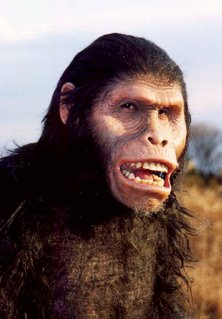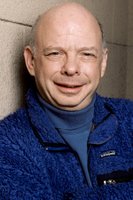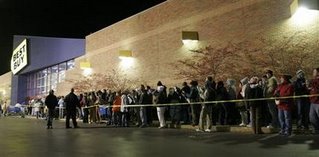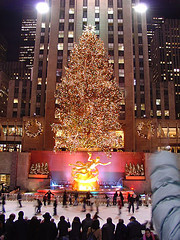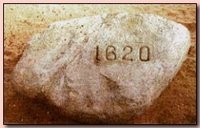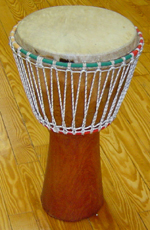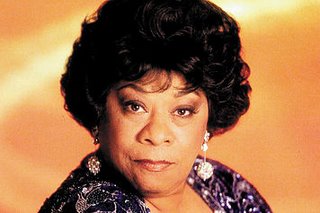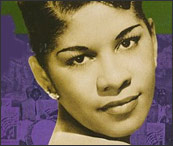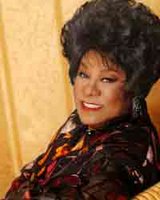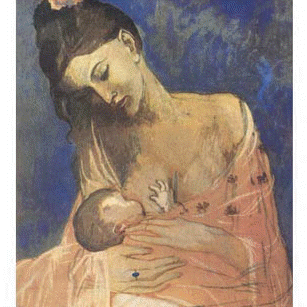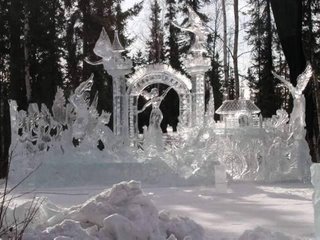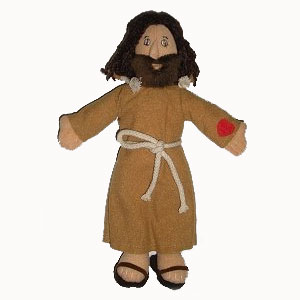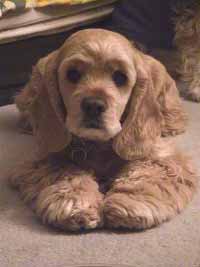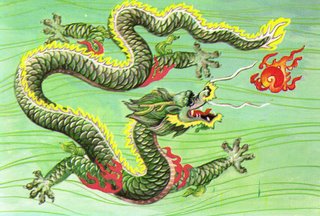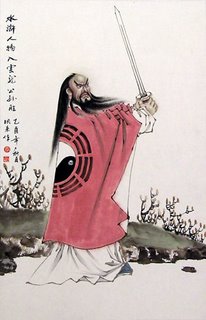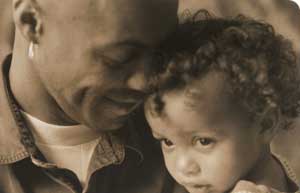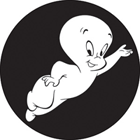
Some memories remain forever.
My father died on this date in 1965.
I first heard the expression “Napoleonic complex” from his lips, describing another lawyer, not himself. It never crossed his mind that he had any flaws because of all the people on earth, God had singled out my father to embody total perfection. Dealing with everyone else’s glaring imperfections was a great trial to him. He was often “aggravated." My main job in life was not to aggravate my father.
He took frequent naps when he was home, requiring total silence throughout the house. I always marveled at his ability to sleep in the daytime as I couldn’t manage it myself. Even more surprisingly, he would undress and don his pajamas when he napped, exactly as if it were night time, which to me was as miraculous as the loaves and fishes would have been had I known about them.
When he was not napping, he sat in his big green chair in the study and read. Nobody else ever sat in that chair, even my brother; it was my father’s chair, and was by far the most comfortable seat in the house. He could not be interrupted for any reason when he was installed in his chair, reading.
My mother never had time to sit down anyway, as she had to tend to the many details of keeping house. I wondered what, exactly, "keeping house" meant, or more accurately, I knew very well what it meant, but wondered why. Why she had given her life to laundry, and why stewardship of my father’s house, for all things belonged to him, was a temporary condition needing to be renewed constantly. His entitlement was so great that the rest of us were there only by his considerable grace and we all knew it. We had no power, but had to take the oath of office every day. It was unsettling.
My father informed us smugly that all the best chefs were men, but I never saw him cook anything. On holidays, my mother roasted a turkey with stuffing and potatoes and vegetables, or she made roast beef with potatoes that she cooked in the same pan so they’d soak up the garlic and pepper she’d smeared on the meat.
My father made the salad dressing, a star turn dramatic performance. We watched breathlessly as he rubbed a clove of garlic over the inside of a large polished wooden bowl he had made on his basement lathe, and then he mixed oil and vinegar and something that turned it the rusty color of French’s French dressing. My mother cut up the salad vegetables while she checked her pie in the oven. When we sat down to dinner, everyone raved about my father’s heroic effort, how his salad dressing was the best in the world. It seemed so unfair but I did it too; we were all in this together. My father was the one we all hungered to please. Then we ate the huge meal my mother had spent the whole day preparing.
My father was a Mason. This was a secret organization with a secret password and a secret handshake, like the Boy Scouts but for grownups. Or the Ku Klux Klan, who burned a cross on our front lawn when I was three. I watched them in their ghostly bedsheets from my upstairs dormer window.
My father was proud of being a 32nd degree Mason, which was the highest you could go except for Shriner. The Shriners wore Turkish fez hats with tassels and went on parades. They all seemed to be Midwestern. My father even had a special Masonic Bible.
He said that Catholics couldn't be Masons because they had to tell all their secrets to the priest. Since I was a secret Catholic, I felt bad about this. I looked forward to the day I would have really bad things to confess.
One day I told him, “I know the Mason’s secret password.”
He regarded me with mild contempt. “And what do you think it is?” he said.
“It’s Tubalcaine!” I bellowed triumphantly. His eyes stopped moving for a second, and I knew I was right. I savored my moment of power.
“Where did you hear that?” he asked casually. My father was a trial lawyer and a poker player. I was a child, eager to even the score.
“I read it in a magazine,” I said. He didn’t answer.
“It’s from the Bible,” I announced.
“What would you know about that?” he sneered. He was losing patience now but I was on a roll. I couldn't stop myself.
“It’s from Genesis.” I recited, “He was a forger of brass and made pillars of stone.”
My father went back to his book. I had lost his attention and wished I knew how to get it back. I knew that "Mason" was short for "Freemason;" I wasn't sure what that meant but I’d heard of stonemasons. I didn’t understand why a lawyer would belong to a secret society of men who made things out of rocks, unless he had even more of a secret life than I suspected.
My father wore Hickey Freeman three-piece suits and a holster with a loaded .38. He was known to have caused other lawyers to hit the floor in their favorite lunch spot near the County Courthouse when he whipped it out and plunked it on the table, right next to the hot roast beef sandwiches.
He was a criminal lawyer, not a Mob lawyer like you have today, but a defender of private individuals who committed violent crimes like Tony Leckich, who shot his uncle at close range with a shotgun in their used car lot.
My father’s unsavory clientele, along with his own abrasive manner, made him the target of periodic death threats, so he was permitted by the police to carry a gun. He had several guns, actually, but carried only one at a time, thereby not flouting the authority of his permit.
He practiced shooting in our basement, pumping rounds into a man-sized target he'd bought on a family visit to the FBI in Washington one Christmas vacation. The tour guide at the FBI showed us pictures of famous criminals like Babyface Nelson and John Dillinger. I couldn't decide if I wanted to be a criminal or a G-man. There didn’t seem to be any women in these professions, and I was at a disadvantage in either case because I was afraid of guns.
I was convinced that any moment, a bullet would come through the floor and kill me. I hunched up small in my closet, chewing my nails and wondering if I would know I was dead right away, or if it would feel the same as being alive, except for being invisible and oozing through walls. I startled each time a shot rang out. I made up prayers because I didn't know any real ones.
My parents’ friends, Eric and Alice Bender, came to dinner occasionally. Eric was a roentgenologist and Alice was his office assistant; she adjusted people to have their X-Rays taken. She kept two pampered cats named Panda and Faust who drank water from the kitchen tap. She dressed them in tiny baby garments and bought them fish heads from a specialty market frequented by foreigners. The Benders had no children.
They had escaped Nazi Germany and come to America just in time; both lost all their family members in the Holocaust. Eric was a dark, gutteral man who argued with my father often as both were opinionated and invincible. Alice was a large, kind, bony woman with light hair and spaces between her strong yellow teeth.
One night at dinner, my father was showing his guns to the Benders. He brought them forth like Exhibit A and Exhibit B while sitting at table, spinning them tenderly in his blunt-fingered hands.
Alice became increasingly nervous and said, “Pleass put them avay, Irffing.”
He laughed and spun them faster. “They aren’t even loaded,” he said.
Alice looked as if she would slide senseless into her brisket with boiled potatoes and lima beans. “I vish you vould take them off the table,” she pleaded. All her w’s sounded like v’s.
“Look, Alice, they’re perfectly harmless,” my father said, grinning, as he pulled the trigger. The gun leaped in his hand. The noise was deafening in our small dining room. Our dog, Patty, exploded from under the table, yelping, butted the screen door open and raced down the street.
The next morning, Sunday, the phone rang while my parents were still in bed. My brother answered it and immediately left the house. I pulled on my jeans and t-shirt and ran after him, but he was already coming back from the far corner and wouldn't allow me to pass him.
I saw the brown heap of dog on the curb and struggled to go to her, but he got me in a kind of hammerlock and dragged me back to the house. He woke my parents because he didn't know what to do.
“Can we bury Patty in the back yard?” I asked.
“The town will take care of it,” my mother said in a tone which signified that I may not broach the subject again.
They left our dog stiffening on the far curb.
I cried silently for days under my soggy bed covers, making obligatory appearances at the dining table where I had to pretend nothing was wrong because children were not allowed to display their feelings in our home. I was ashamed that I had any. The only emotion that got expressed with impunity was my father’s anger, which was an unpredictable but regular occurrence. I felt as if I had a huge lump inside my head.
I made a marker out of a Good Humor stick that said, “Would God be wasting a dog like Patty?” which I thought sounded Irish. After all, Patty was a pedigreed Irish Terrier. Invoking God worried me as I was unsure of my parent’s position on Him. I hid the marker under a rose bush, but a few days later I saw it in the garbage can, and there were pink tea roses in a cut crystal vase on the sideboard.

No one ever mentioned Patty again.
A few years later, Alice Bender died of leukemia and Eric’s new assistant was not required to stand by the table while he took X-Rays.
Within a few months he married Judith, an elegant woman in a black upsweep hairdo with a single perfect strand of white accenting her refined features. She never set foot in his office, she gave away Alice’s cats, and they soon disappeared from my parent’s life.
To this day, I recall every detail of my father's death and the remarkable aftermath. He had always promised that if there were any way to send a message from beyond, he would. I never doubted it because he had told me my entire life that he could do anything.
An hour after he died, the entire East Coast of North America experienced an unprecedented complete blackout for which there was no logical explanation. Since my father was an accomplished curmudgeon, I was sure that if his lights were out, damn it, EVERYBODY'S would be out.
The Blackout of 1965 disrupted the supply of electricity from Canada through New England and down the Eastern Seaboard to Florida. Twenty-five million people over 80,000 square miles had no electricity for up to twelve hours. The cause of failure originated in Ontario when lines became overloaded, which automatically shut down the entire power distribution system like falling dominos within five minutes.
Since that day, whenever my brother's family and mine get together for weddings, funerals and other State Occasions, the lights go out briefly but unmistakably. Like a bird dipping its wings. And we know Dad is still with us.



